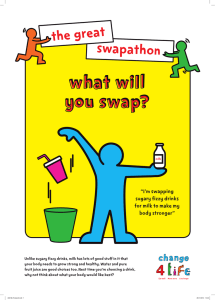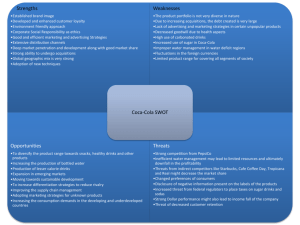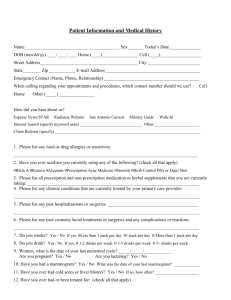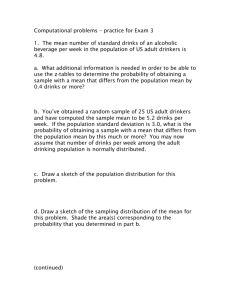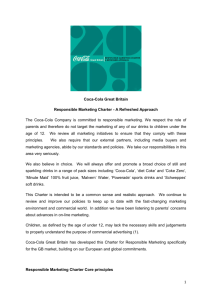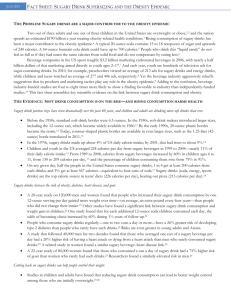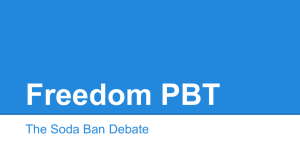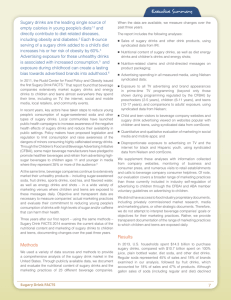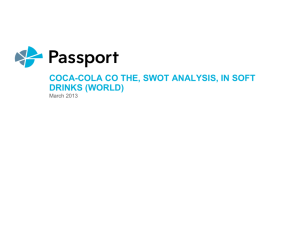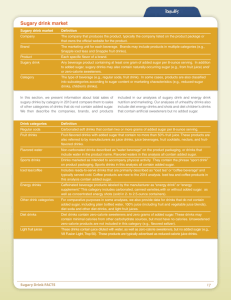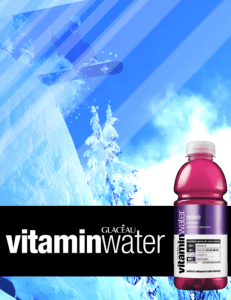McDonalds And Coke Before Obesity Inquiry
advertisement
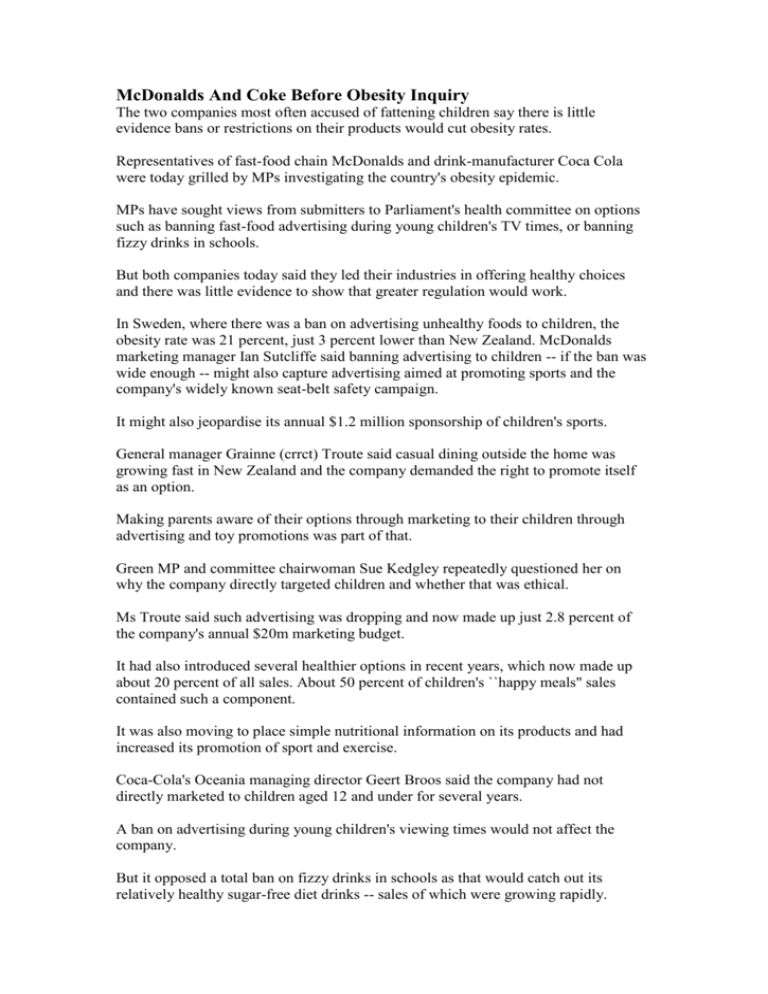
McDonalds And Coke Before Obesity Inquiry The two companies most often accused of fattening children say there is little evidence bans or restrictions on their products would cut obesity rates. Representatives of fast-food chain McDonalds and drink-manufacturer Coca Cola were today grilled by MPs investigating the country's obesity epidemic. MPs have sought views from submitters to Parliament's health committee on options such as banning fast-food advertising during young children's TV times, or banning fizzy drinks in schools. But both companies today said they led their industries in offering healthy choices and there was little evidence to show that greater regulation would work. In Sweden, where there was a ban on advertising unhealthy foods to children, the obesity rate was 21 percent, just 3 percent lower than New Zealand. McDonalds marketing manager Ian Sutcliffe said banning advertising to children -- if the ban was wide enough -- might also capture advertising aimed at promoting sports and the company's widely known seat-belt safety campaign. It might also jeopardise its annual $1.2 million sponsorship of children's sports. General manager Grainne (crrct) Troute said casual dining outside the home was growing fast in New Zealand and the company demanded the right to promote itself as an option. Making parents aware of their options through marketing to their children through advertising and toy promotions was part of that. Green MP and committee chairwoman Sue Kedgley repeatedly questioned her on why the company directly targeted children and whether that was ethical. Ms Troute said such advertising was dropping and now made up just 2.8 percent of the company's annual $20m marketing budget. It had also introduced several healthier options in recent years, which now made up about 20 percent of all sales. About 50 percent of children's ``happy meals'' sales contained such a component. It was also moving to place simple nutritional information on its products and had increased its promotion of sport and exercise. Coca-Cola's Oceania managing director Geert Broos said the company had not directly marketed to children aged 12 and under for several years. A ban on advertising during young children's viewing times would not affect the company. But it opposed a total ban on fizzy drinks in schools as that would catch out its relatively healthy sugar-free diet drinks -- sales of which were growing rapidly. In the last four years sugar-free drinks had gone from 20 percent to 32 percent of the company's sales -- displacing sugary drinks and reducing its total sugar output by about 10 percent. Restricting sales of fizzy drinks would not cut obesity as such drinks made up just 2 percent of New Zealand children's energy intake. Coca-Cola spokeswoman Alison Sykora said people liked a sugary taste and it would be counterproductive to ban sugar-free drinks that provided that. Such a ban might even increase the uptake of sugary drinks among teenagers who were looking for restrictions to rebel against. Coca-Cola had 68 vending machines in secondary schools and 280 schools sold its products -- which included juices and water -- through canteens. Schools with vending machines could make between $5000 and $50,000 a year, she said. Asked about the potential enamel-stripping effects of diet drinks on teeth, Ms Sykora said they could be mitigated by proper brushing. Asked whether the caffeine content in diet coke made children hyperactive, she said it merely increased alertness and was not addictive.
